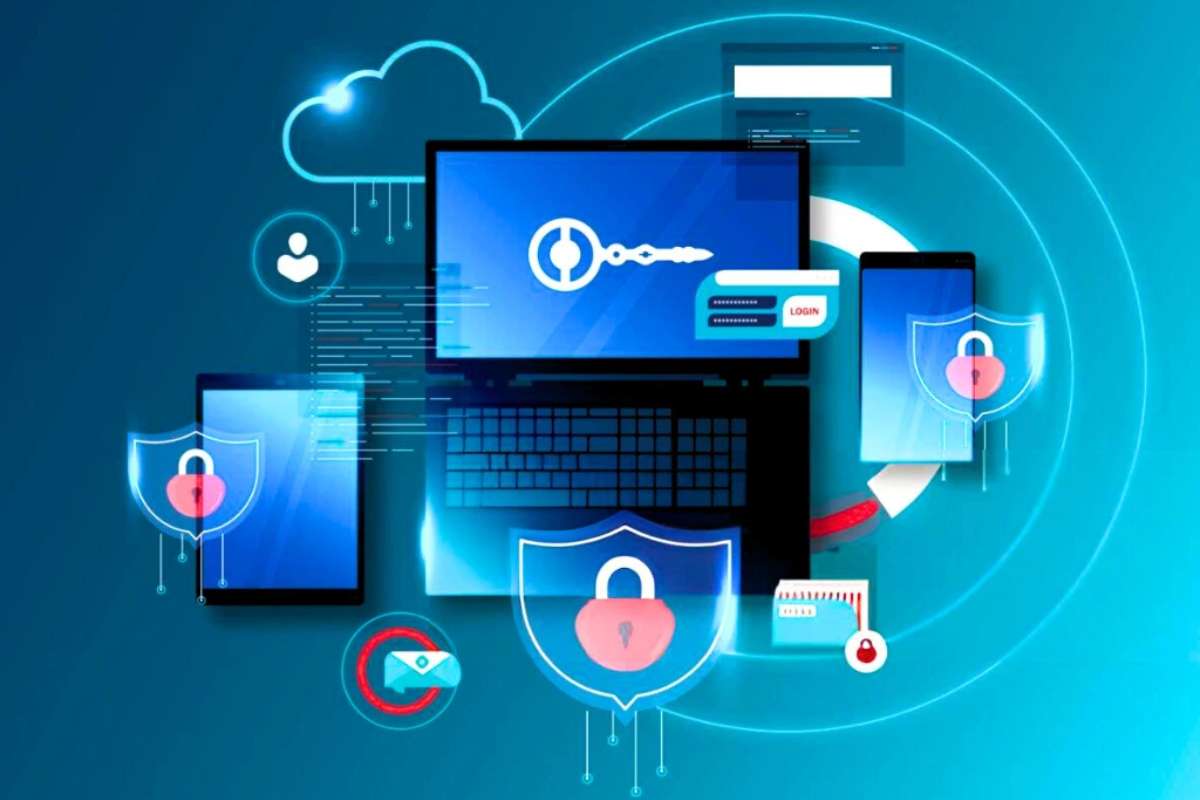Cybersecurity at Risk as Employees Compromise Security for Efficiency
As businesses increasingly rely on digital tools and cloud-based systems, a concerning trend is emerging: employees are bypassing essential cybersecurity measures in order to meet their productivity targets. A recent study by CyberArk reveals that 65% of office workers admit to circumventing company security measures, often without realizing the potential consequences. This behavior highlights a significant challenge for organizations in today’s fast-paced work environment, where balancing security with workflow efficiency is becoming increasingly difficult.
The study sheds light on how employees prioritize convenience over compliance, putting businesses at risk of significant cybersecurity breaches. As the workplace becomes more digital, understanding how to enforce strong security practices without hindering employee productivity has never been more critical.
Cybersecurity Vulnerabilities Linked to Employee Actions
While modern companies invest in advanced cybersecurity measures like multi-factor authentication (MFA) and real-time threat detection, employee behavior remains one of the most significant vulnerabilities. The CyberArk survey reveals several concerning findings that underscore the role employees play in creating security gaps:
1. Password Reuse
Nearly half of respondents (49%) admit to using the same credentials for multiple work applications. A further 36% use identical passwords for both work and personal accounts, which significantly heightens the risk of credential theft.
2. Password Sharing
Around 30% of employees share their workplace passwords with colleagues, effectively bypassing security measures such as unique credentials or MFA.
3. Device Security Issues
36% of employees delay installing critical security patches on their personal devices, which are often used for work tasks. This leaves vital applications vulnerable to attacks.
4. AI Tools and Data Risks
With the growing integration of AI tools in the workplace, 72% of employees report using these tools. However, 38% ignore company policies regarding the handling of sensitive data, or are unaware of such policies, exposing confidential information to greater risk.
5. Personal Devices and Security Gaps
A staggering 80% of employees access work applications from personal devices, many of which lack necessary security controls.
6. Sharing Sensitive Information
52% of respondents admit to sharing confidential workplace information with external parties, further increasing the risk of data breaches.
Why Do Employees Ignore Cybersecurity Policies and Cybersecurity Measures ?
The reasons behind employees’ tendency to bypass security measures are multifaceted. In many cases, employees are motivated by the immediate pressures of their workload, which often leads them to prioritize productivity over security. The most common factors contributing to this behavior include:
1. Convenience vs. Security
Many employees view security protocols, such as complex passwords and frequent logins, as obstacles that slow down their work. These procedures can feel like unnecessary barriers to efficiency, leading employees to find shortcuts.
2. Pressure to Meet Deadlines
In high-pressure work environments, employees may feel compelled to cut corners in order to meet tight deadlines. This often leads them to bypass security protocols they perceive as hindrances to their ability to deliver results.
3. Lack of Awareness
A significant number of employees are not fully aware of the risks their actions pose to the organization. Without proper cybersecurity training, employees may fail to recognize the direct connection between bypassing security measures and the potential for data breaches or cyberattacks.
The famous adage “a chain is only as strong as its weakest link” perfectly encapsulates the issue of cybersecurity in the workplace. No matter how robust a company’s technology may be, a single employee’s lapse in judgment—whether through weak passwords, neglecting security updates, or sharing confidential information—can be enough to undermine the entire system.
As organizations continue to navigate this complex balance between security and productivity, the findings from CyberArk serve as a wake-up call, urging companies to address the underlying issues that lead employees to bypass critical cybersecurity measures. For businesses to thrive in the digital age, ensuring that security protocols are both effective and user-friendly will be key to safeguarding against growing cyber threats






